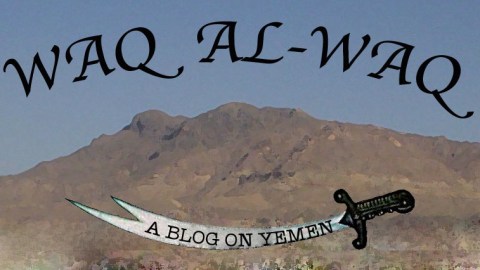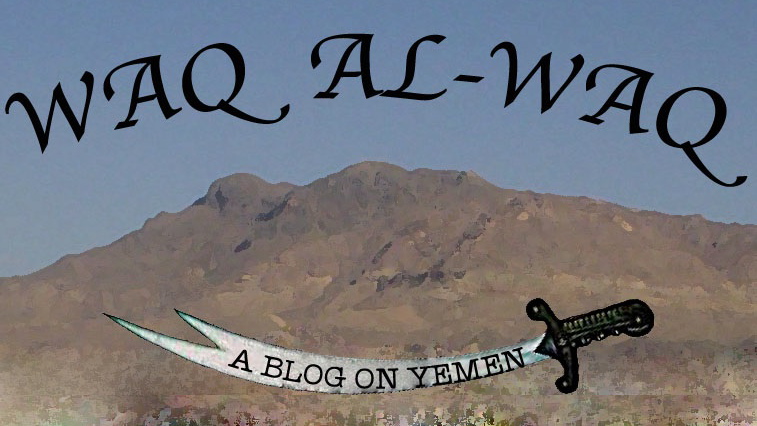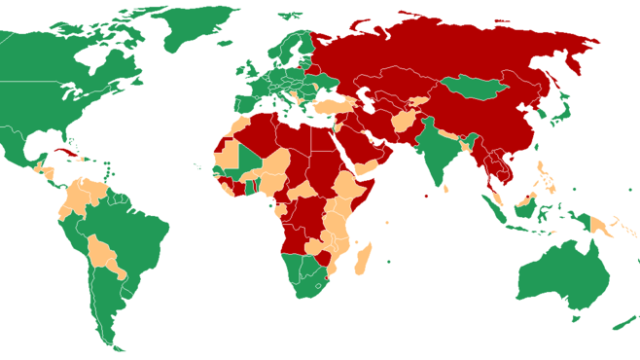Two Bad Options in Yemen

Following weeks of on-again, off-again negotiations, in which Salih appeared to back away from tentative deals to step down, forces loyal to his government opened fire on protesters today in Taizz, killing at least 15 according to al-Jazeera.
Other forces in Hudaydah also cracked down on protesters today, firing live bullets and tear gas and injuring more than 300 according to the breaking news tracker on Mareb Press. (Note: many of these injuries are the result of tear gas.)
There are also early reports of renewed clashes in Sanaa.
All of this comes shortly after the New York Times published a piece today suggesting that the US is ready to abandon President Salih.
The piece is getting a lot of play on al-Jazeera, and on nearly every Yemeni news website.
It is unfortunate that the Obama administration’s policy only began “to shift in the past week.” Salih’s demise has been self-evident for much longer than that, and consistent US refusals to see that and the resulting dithering and calls for negotiations (asking protesters to give up the only leverage they have) has only put U.S. security interests more at risk.
Salih’s last-ditch attempts to hold on to power have resulted in a security breakdown in other parts of the country, as parts of the military defected and others abandoned their posts. This breakdown has opened up a great deal of space for AQAP – anyone think they aren’t taking advantage of the current situation?
I argued nearly a month ago that the US needs to ask more than just: what comes after Salih?
It should also be asking: what does Yemen look like if Salih stays?
I’m not sure if the US asked itself this question or if it just came to the conclusion that no matter what it did Salih was on his way out, I suspect the latter, but have no inside information.
We should be clear, both scenarios – Salih leaving or staying – are potentially dangerous for US national security, which is one of the reasons the Obama administration is so hesitant to withdraw its support from Salih.
If Salih leaves the US is worried that the next government won’t be as willing to meet US requests in fighting al-Qaeda as Salih has been in the past 14 months (because when journalists talk about Salih being an ally of the US in the war against AQAP this is the period they are referring to).
If, on the other hand, Salih stays, in the current environment it would likely take him several months to reassert control over much of the country that he has lost in recent weeks if he ever could, meaning that AQAP would not be as opposed as it has been. Salih has often been mocked as the “mayor of Sanaa,” a snide journalistic and diplomatic remark that often betrays more about the speaker’s lack of knowledge about Yemen than it does Salih’s authority.
But if he stays, this description could very well turn out to be true, and for a US that worries that if AQAP isn’t under any pressure it will be free to plan and launch attacks on the US such a scenario is rightly frightening. (Personally, I don’t believe that even if Salih remains throughout this term – an outcome I believe is unlikely – he will ever be able to reassert control over the whole of Yemen).
So that is where the US is at in Yemen: two bad options.
Recognizing at the same time that regardless of what course it decides to pursue much of Yemen’s future will remain beyond the realm of human engineering. There will only be so much that the US and the future government of Yemen will be able to control and dictate.
I have argued that from strictly a US national security point of view and leaving aside all other considerations (an approach to foreign policy I don’t believe is wise) that helping to push Saliih out is the least bad option.
In that scenario the US will have, as I suggested recently in the New York Times, a small window of opportunity to positively impact change in Yemen. I don’t have great confidence that the US, the EU, Saudi Arabia, and the GCC will actually be able to take advantage of this but by pushing Salih out at least they will have a chance. And any chance is better than the no chance they will have if Salih remains.





